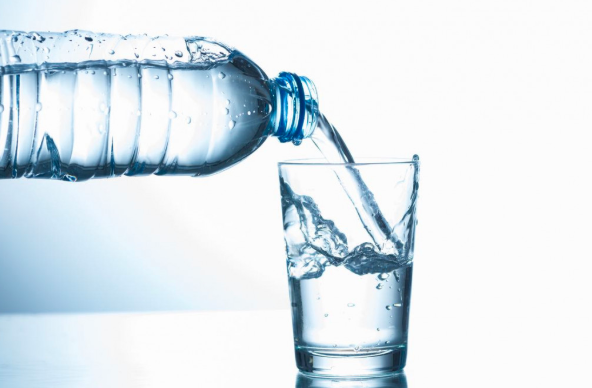Staying hydrated is essential for almost every bodily function. In fact, getting the optimum amount of H20 could make you heal faster, sleep better, age slower, concentrate more clearly and improve physical strength and endurance. Here’s a brief guide to help you work out whether you should be drinking more.
What do the guidelines say?
Most guides online will tell you to follow the ‘8 x 8 rule’ – which basically means eight 8-ounce glasses of water per day. This roughly equates to 1.9 liters of water.
How much should we really be drinking?
If 1.9 liters of water sounds a lot, you may be shocked to hear that this figure is actually too low. The body can get by on 1.9 liters of water per day, but actually, we need more than that to perform at optimum ability. The National Academy of Sciences suggests that women consume 2.7 liters (91 ounces) of water per day and that men consume 3.7 liters (125 ounces) of water per day.
125 ounces equates to 15 ½ 8-ounce glasses of water per day. But don’t worry – if drinking 15 ½ glasses of water per day sounds ridiculous, that’s because it is. A lot of the food we eat contains water as do other drinks. In fact, studies suggest that the average person consumes 3.5 liters of water in food alone.
It might be common sense, but worthy of mentioning, if the weather is warm or you’re active, your needs will be increased.
Are there any foods and drinks that dehydrate us?
Believe it or not, but there are actually foods and drinks that can dehydrate you.
The most serious offender is alcoholic drinks. Alcohol decreases the body’s production of anti-diuretic hormones, which causes us to go to want to urinate more. In doing so, the body loses vital amount of water that should have been absorbed by the body. If you are enjoying a drink, make sure to load up on water during or after.
Too much sugar and salt can also lead to dehydration by increasing thirst and are urge to pee. Cutting down on soft drinks and consuming fruit flavored water could prevent this, as could going without sugar in your tea or coffee. As for salt, try to avoid too many salty snacks and experiment with other forms of seasoning when cooking rather than adding salt.
What are the signs of dehydration?
Often it’s best to simply drink water once you start noticing the symptoms of dehydration.
Feeling thirsty is the most obvious one. When it comes to chronic dehydration (not drinking enough over a prolonged period of time) look out for dry skin, bags under the eyes and dark colored urine – if you’ve got all these signs, you could need to start drinking more each day.




Leave A Comment
You must be logged in to post a comment.